When shopping in Japanese home appliance stores, customers can always see Chinese brands at conspicuous places in recent years. Analysts say that Chinese household appliance brands have increasingly won the favor of Japanese consumers with their quality and reputation, reflecting the extraordinary achievements of "Made in China" in intelligence, branding and internationalization in the past decade.
Japanese media Nihon Keizai Shimbun reported that China's Hisense Group has set up a research and development center in Japan. The new products developed for young Japanese are popular, and placed in prominent positions in stores, breaking the market monopoly of Japanese brands.
Hisense's share in the Japanese TV market, only 2.4 percent in 2017, reached 12.9 percent last year, ranking fifth and only about nine percentage points lower than Sharp, which topped the list, the media reported, citing data from global market research firm Euromonitor International.
Apart from televisions, refrigerators, washing machines and air conditioners made by Chinese home appliance companies are highly trusted by Japanese consumers with booming sales in the Japanese market as well.
Li Wenli, president of Hisense Japan, told Xinhua that the company registered its branch in Japan at the end of 2010 and started selling products in 2011. After years in the Japanese market, Hisense has grown into a popular electrical appliance brand among Japanese consumers, especially the younger generation.
In recent years, the home appliance giant has seen its TVs, refrigerators, washing machines, air conditioners, stereos and other products enter almost all mainstream home appliance chains, household goods chains and e-commerce platforms in Japan.
"We have all kinds of Hisense products on display here, and our customers give very high ratings to them," said a sales staff at Bic Camera, a well-known Japanese electronics retailer.
With higher quality, updated products and better after-sales services, Chinese household appliance products have strengthened their brand images through upgrading and transition.
In addition to traditional home appliances, China's emerging smart appliances also shine in the Japanese market, where Chinese smart consumer electronics company Anker Innovations saw its portable home projector become a mainstream product, popular with young people who live without televisions, according to the Nihon Keizai Shimbun.
The company's share in Japan's projector market ranked second by reaching 14.8 percent in 2021, according to Japanese research firm BCN.
In the eyes of Li, Chinese brands and products are increasingly in the spotlight in overseas markets, which inevitably resulted from the continuous development of China's economy in the past decade, while many Chinese firms, including Hisense, are marching on the road of internationalization.
Over the past decade, Chinese home appliance enterprises have achieved rapid growth, closer supply chain cooperation and a win-win situation through mergers and acquisitions of Japanese home appliance enterprises.
In 2012, SANYO Electric's washing machine and household refrigerator businesses were acquired by Haier Group. Toshiba sold its business of white goods, or large electrical goods for homes, to Midea Group in 2016 and sold its TV business to Hisense Group in 2018.
Bilateral trade volume between China and Japan rose 17.1 percent to 371.4 billion U.S. dollars in 2021, data from China's General Administration of Customs showed.
As Sino-Japanese economic and trade ties continue to expand, Chinese products are integrated into the Japanese market, and "Made in China" has become an indispensable part of Japanese consumers' lives.








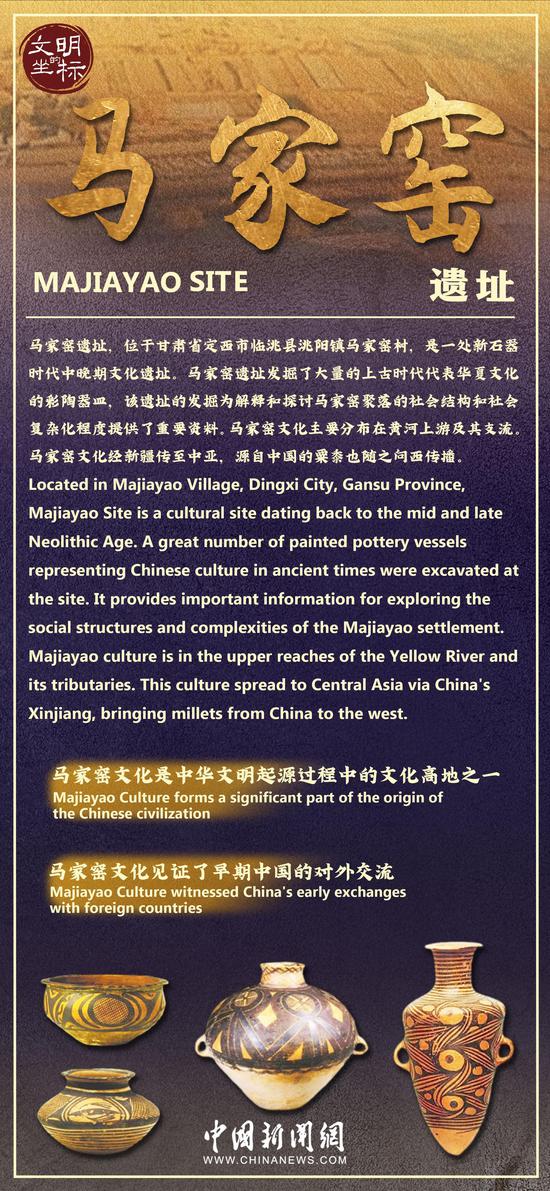
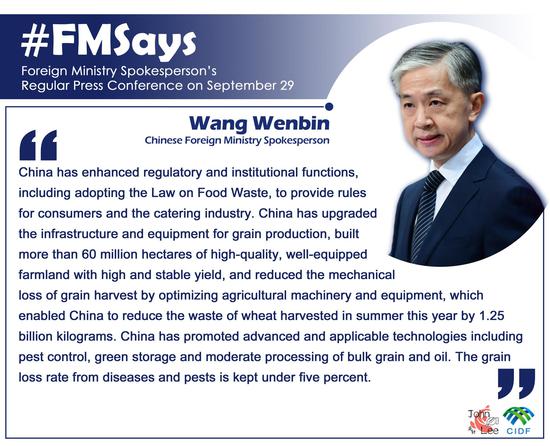
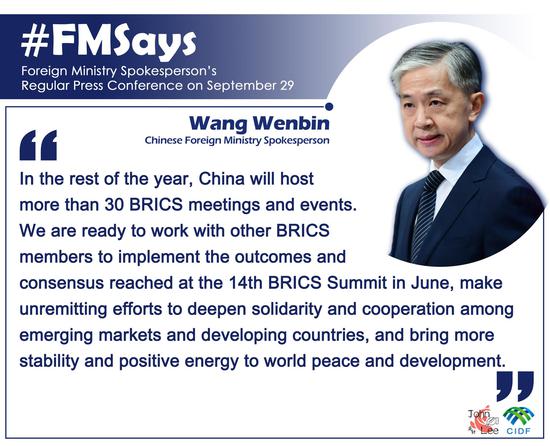

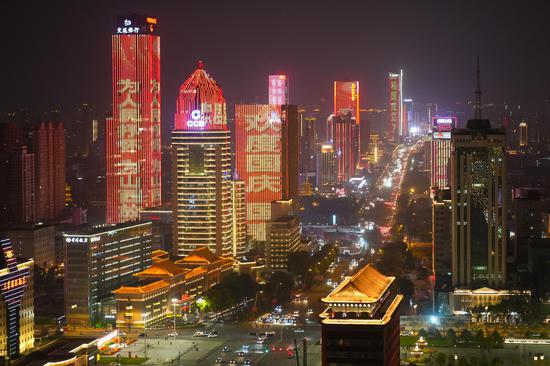

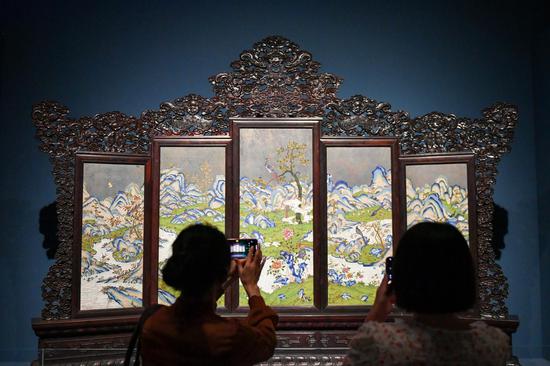


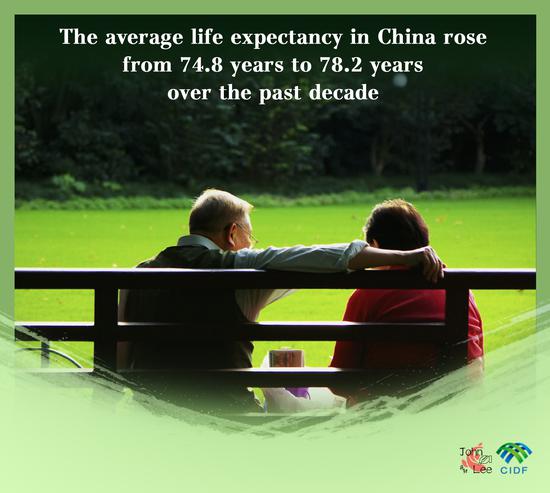




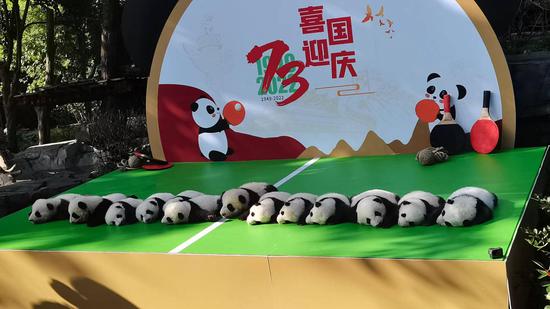


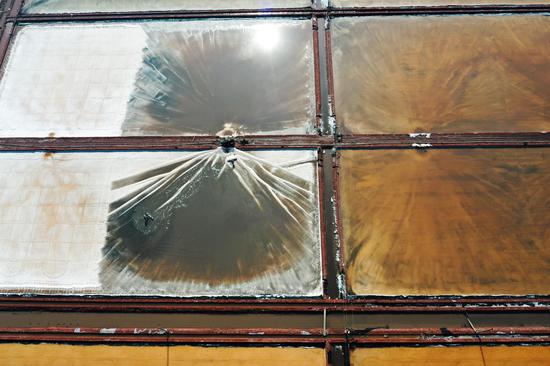
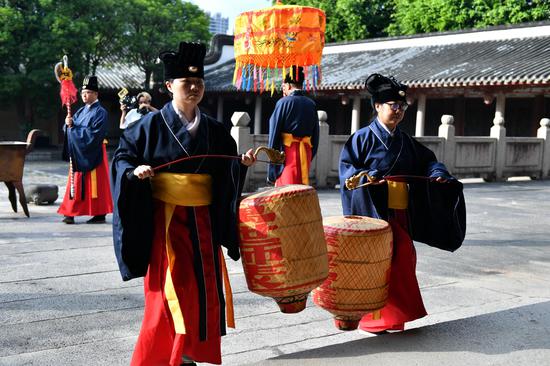

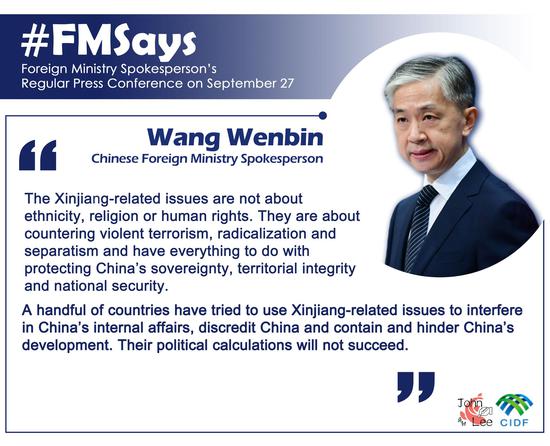
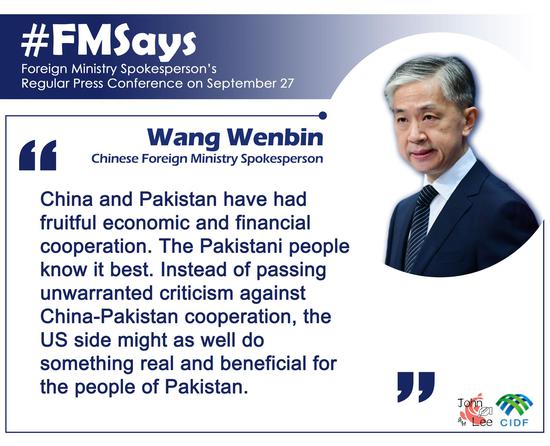

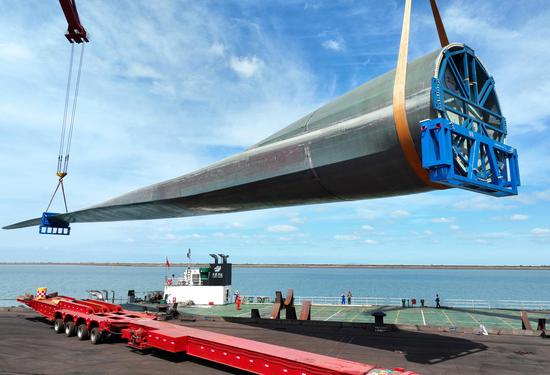


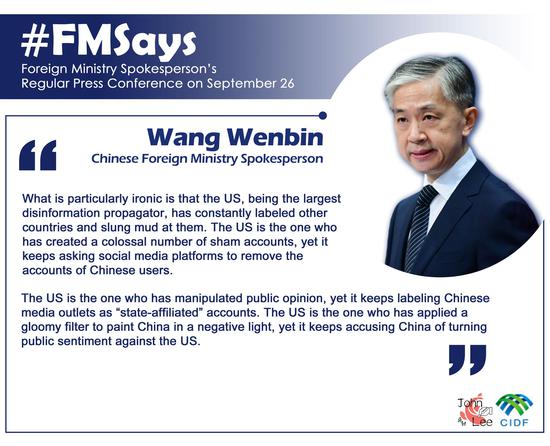
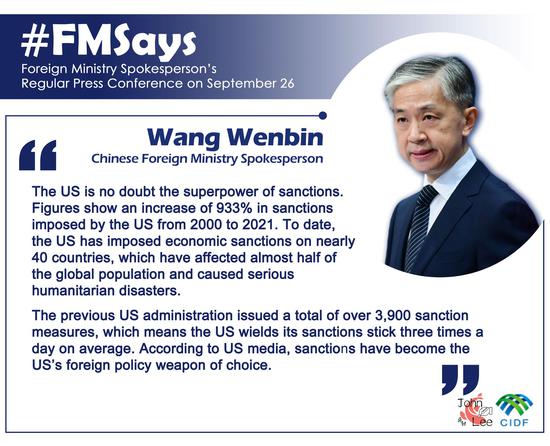
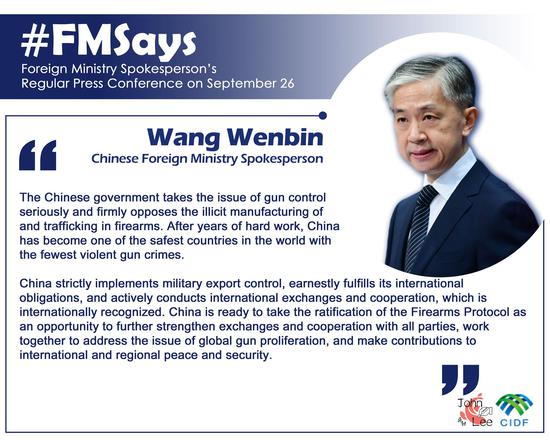

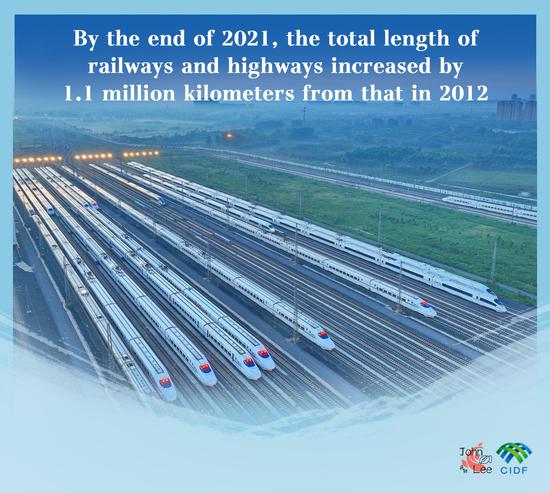
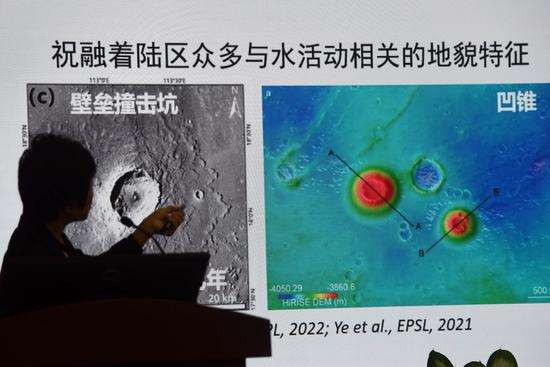
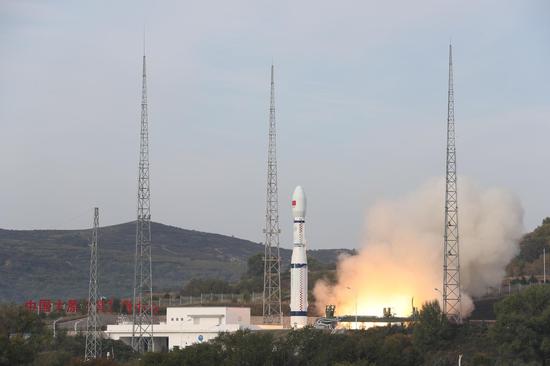
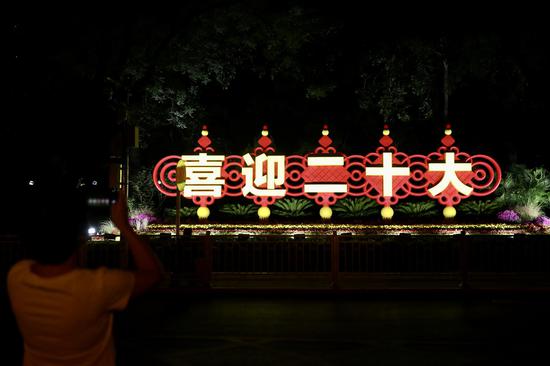

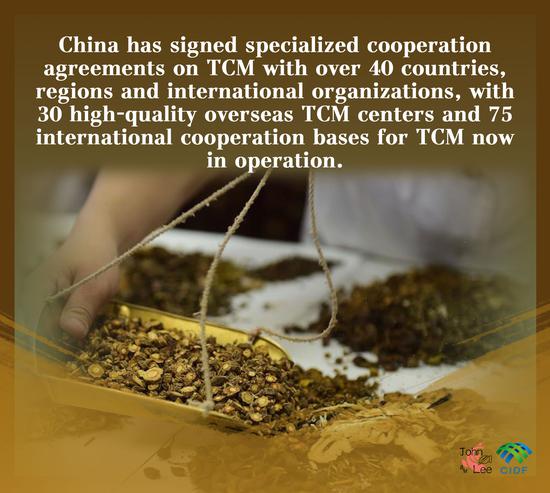
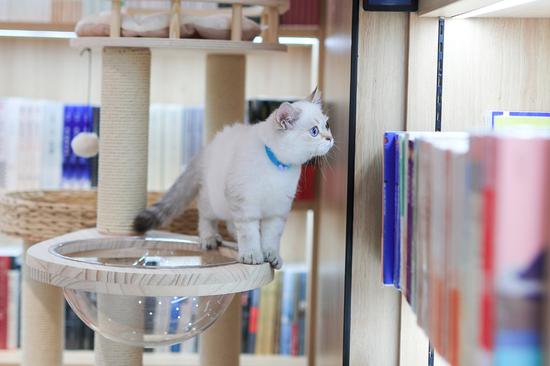





 京公网安备 11010202009201号
京公网安备 11010202009201号